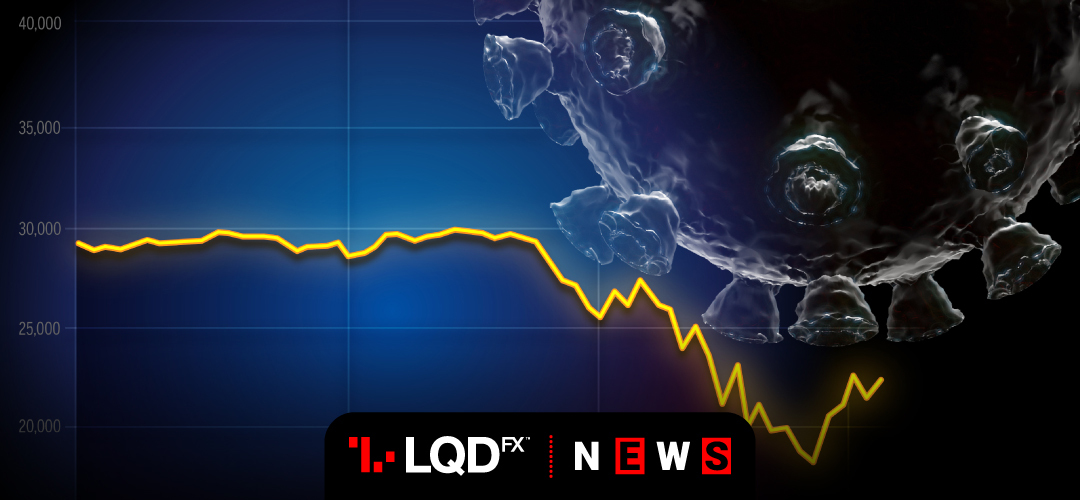Investors are still cautious given the risk of a second wave of Covid-19 infections, despite improved economic data, such as the German business morale record rise.
German business morale had its biggest rebound in June since records began. According to the Ifo institute Europe’s largest economy should return to growth in the third quarter after the coronavirus pandemic hammered output in the spring.
However, Germany is facing its worst recession since WWII, with the government predicting in April that GDP would shrink 6.3% this year.
UK PMI data on Tuesday showed the private sector contracted less than expected as more businesses resumed work this month.
The International Monetary Fund will release revised global growth projections in its World Economic Outlook update later on Wednesday. Traders will have a clearer idea of the extent of the economic damage caused and the likely pace of recovery. The IMF’s last forecasts in April predicted world GDP would fall 3% in 2020.
On the tariff front, the United States considers tariffs on $3.1 billion of exports from the UK, France, Spain and Germany. The Bloomberg cited a notice published by the office of the U.S. Trade Representative.
In any case, markets closely watch spiking coronavirus cases around the world as well as local lockdowns to get more clarity.
START TRADINGForex – Improved economic data VS second wave
Global risk appetite got a boost from improved economic data. Selling pressure hit several major currencies as risk sentiment soured in early trading in Europe. Money markets tempered hopes of a rapid global economic recovery.
The US dollar regained some ground on Wednesday after two straight days of losses. Despite losing ground, the dollar index is still up more than 0.9% this week on the improving economic picture. UK, euro zone and U.S. data earlier in the week supported riskier currencies at the expense of the safe-haven dollar.
The New Zealand dollar fell almost 1% after the country’s central bank said the balance of economic risks remains to the downside. The Reserve Bank of New Zealand is prepared to use additional monetary tools as necessary.
The euro gave up some of the week’s gains, falling nearly 0.2%.
Sterling was little changed against the dollar on Wednesday. Against the dollar, the British currency fell overnight then rose in the morning.
Euro-sterling edged down from the three-month highs hit on Tuesday after positive European economic data. At 90.19 pence per euro, the pound was up around 0.1%.
In commodity markets, gold prices surged to their highest in nearly eight years on Wednesday. Spot gold gain 0.6% to $1,777.53 per ounce, having earlier hit its highest since October 2012 at $1,779.06.
Oil prices were down as record high inventories and worries about a second wave of the pandemic outweighed support from a gradual reopening of global economies.
Brent crude was down 1% at $42.20 a barrel. U.S. West Texas Intermediate (WTI) crude fell 1.4% to $39.81 a barrel.
PLEASE NOTE The information above is not investment advice.
Sources: Reuters, Investing, CNN money
